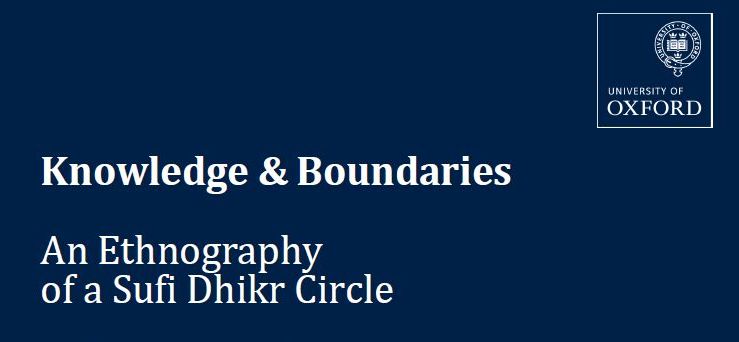// Practical Wisdom for Management from the Islamic Tradition
The European Academy for Business in Society (EABIS) in partnership with Yale organised a couple of conferences on practical wisdom for management from religious, spiritual and philosophical traditions. I attended the conference at Al Akhawayn University in Ifrane, Morocco, on practical wisdom for management from the Islamic tradition.
The conference was filled with fascinating insights into current research projects. Prof. Rafik Beekun, for example, presented on “Muhammad as CEO” and Prof. Muqtedar Khan on “Islamic Mystical Concepts for Governance and Management of Multicultural Institutions in the Age of Globalization”. More here.
// Ego, body & soul
I presented on knowledge and boundaries in a Sufi Dhikr Circle. The purpose was to infer “wisdom” from the Islamic tradition on knowledge transfer and organizational boundaries for organizational theory and practice.
As a participant observer I sought a deep immersion into a Sufi Dhikr Circle to conceptualize how firstly the organisation transfers and stores knowledge and secondly how boundaries through de-facto membership, identity and sense-making are enacted. The Circle had a socialized establishment of knowledge through collective, relational and personal knowledge transfer processes employing comprehensively all senses. And the fluidity of intra- and inter organizational boundaries allowed for flexibility as well as wider and stronger identification. The presentation can be found here.
// From “different practice” to “common practice” to “best practice”
I believe there to be considerable wisdom for management from traditions which are not much shaped by the mainstream organizational discourse. It provides insights into one organization which is not considered “best practice” but rather conceptualized as “different practice”. The observation of “different practice” consequently enables a critical reflection of “common practice” potentially leading to a new “best practice”.


Pingback: Boundaries and Knowledge in a Sufi Dhikr Circle «